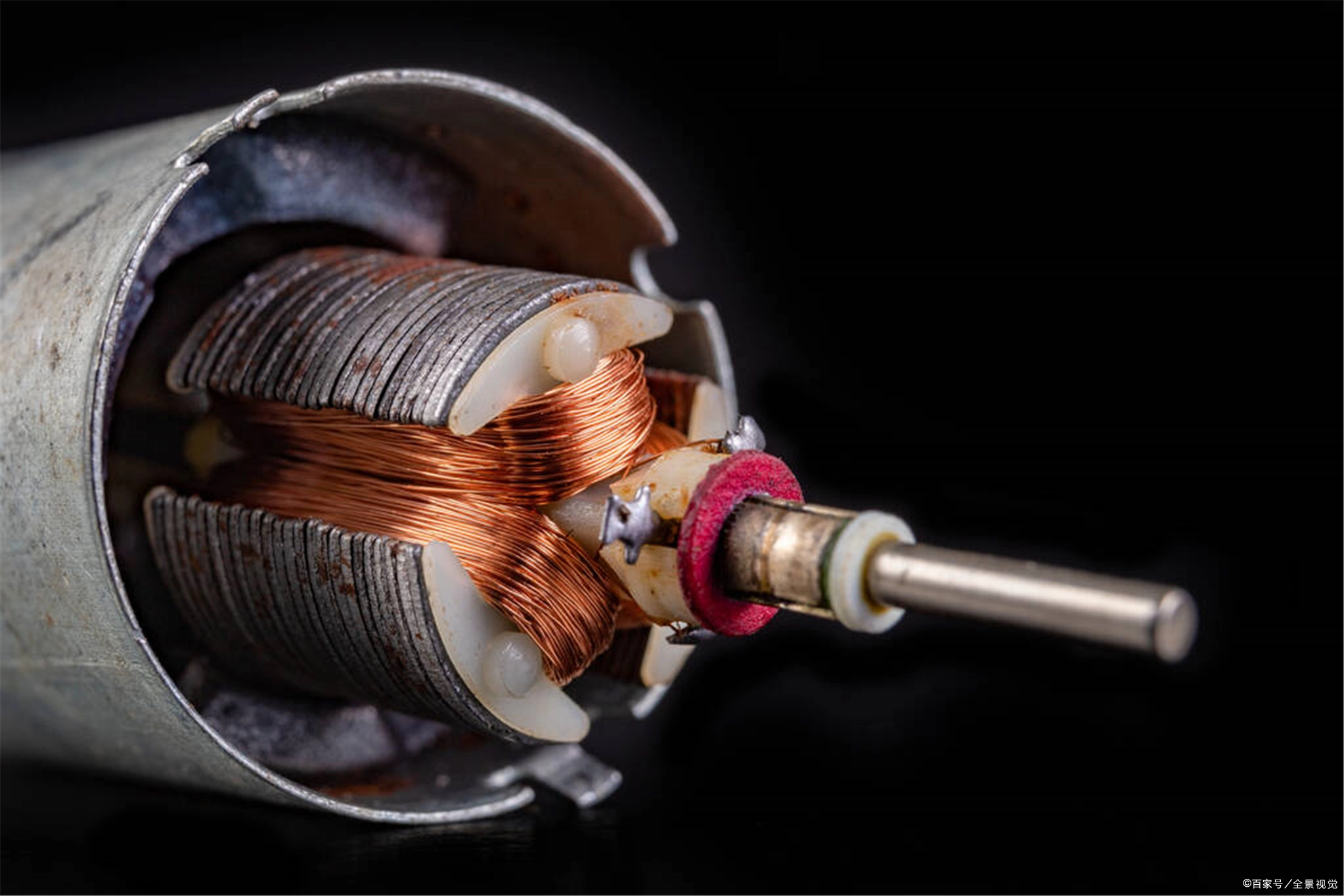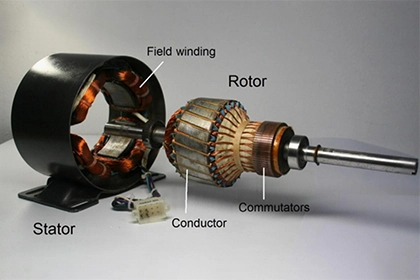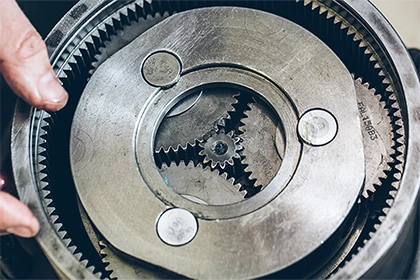
What type of motor do cars use?
The motor is an important power that drives the vehicle. There are many different types of vehicle motors, and the specific type depends on the application requirements of the vehicle.
The automotive industry has seen significant technological advancements over the years, especially in the realm of powertrain systems. Among the critical components of a vehicle, the motor plays a pivotal role in determining its performance, efficiency, and environmental impact. With the evolving landscape of electric and hybrid vehicles, the question arises: What type of motor do cars use? In this article, we will explore the different types of motors used in cars, shedding light on their characteristics, advantages, and applications.
Overview of Automotive Motors
The motors used in cars play a vital role in powering various systems and components, including propulsion, steering, and auxiliary functions.Let 's delve into the types of motors commonly found in automobiles:
Internal Combustion Engines(ICE)
Internal Combustion Engines have been the dominant motor type in the automotive industry for over a century.ICEs burn fuel, typically gasoline or diesel, within the engine cylinders to generate mechanical energy.This energy drives the vehicle 's wheels through a transmission system.
Electric Motors
In recent years, electric motors have gained significant traction in the automotive industry due to their environmental benefits and technological advancements.At the same time, this kind of motor is also the main point of discussion in this article.
Types of electric motors commonly used in vehicles

- DC Motors
Traditional brushed DC motors are occasionally used in specific automotive applications, such as power windows, windshield wipers, and cooling fans. However, their use in propelling vehicles is limited due to efficiency and maintenance concerns.Later, brushless DC motors appeared, providing a simpler and smaller design, as well as improved operational efficiency, achieving low energy consumption and greater energy savings.
- AC Induction Motors
The predominant electric motor type used in modern electric and hybrid vehicles is the AC induction motor.These motors leverage the principles of electromagnetic induction to convert electrical energy into mechanical energy.AC induction motors are highly efficient, reliable, and capable of delivering substantial torque.
- Synchronous Motor
Permanent magnet synchronous motors(PMSMs) are often used in hybrid vehicles due to their high power density, compact size, and excellent torque characteristics.These motors work in conjunction with the internal combustion engine and regenerative braking systems to enhance overall efficiency.
Future Trends
Although various types of motors have been used in modern vehicles, each of these motors still has its own drawbacks. For example, the efficiency of asynchronous induction motors is relatively lower compared to other motors, and permanent magnet synchronous motors have high production costs and the risk of demagnetization. Therefore, further exploration of more reliable motors is still needed.
Conclusion
With the continuous advancement of technology, the future of automotive motors may become more diverse and efficient. However, the type of engine used in a car depends on its intended use and is chosen based on factors such as performance, efficiency, cost, and environmental impact.



Leave a Comment